How to Prevent and Avoid Migraine Headaches
Nobody likes to have constantly recurring throbbing headaches, especially migraines. They disrupt your daily life activities at the most inopportune times. It might be right before you plan to invite some guests over for a function or right before you go on a family vacation or the first day of an important project at work. Either way, it’s crucial to know everything there is to know about migraines to navigate through them without any hardships.
Statistics say that about 15 percent of the entire US population (about 40 billion people) suffers from severe migraine headaches and it is twice as prevalent in women than men. If you suffer from severe migraines too, fret not. Migraines typically have certain triggers, which when prevented or worked upon, might make the headache experience a little less unpleasant. Let’s learn about everything in detail now.
What Is a Migraine?
A migraine is a type of headache that causes severe throbbing pain or a pulsing sensation, typically on just one side of the head. Extreme cases are accompanied by nausea, vomiting, and acute sensitivity to bright lights and shrill sounds. Usually, attacks happen for hours, but it’s not uncommon for migraines to last for several days, and are usually extremely disruptive.

There are several reported cases of a warning symptom called “aura” - visual disturbances and a tingling sensation on one side of the face, arms, or legs. However, it is more common that your migraine is not accompanied by this “aura”.
Migraines tend to affect people belonging to all age groups, genders, and races, and typically progress through four stages:
- Prodrome usually occurs one or two days before a migraine attack. The symptoms are subtle, like constipation, stiffness in the neck, mood changes, and increased urination among others.
- Aura (Selective) - some people experience temporary symptoms in the nervous system. These usually begin gradually and can last the entire duration of a migraine attack. Some symptoms include visual distortion, vision loss, tingling sensations, facial weakness, and difficulty in speaking.
- Attack a migraine attack can last anywhere between 4 to 72 hours. The frequency and duration depend on the person - from probably once in a lifetime, to several times a week. During a migraine attack, you will feel a severe headache, accompanied by sensitivity to bright lights, shrill sounds, and in some cases smell and touch. In extreme cases, migraines can also induce nausea and vomiting.
- Postdrome after the attack, you might feel drained or washed out till you wake up from a deep slumber. Sudden head movements will be accompanied by sharp pain, albeit briefly. These are more commonly known as “head rushes”.
What Causes Migraines
The domain of one-sided headaches is yet to be completely understood by us human beings. However, from the several scientific studies conducted so far, it appears that migraines are usually caused either environmentally or genetically. It is commonly believed that changes in the brainstem and trigeminal nerve are involved, creating an imbalance in the brain chemicals.
One such brain chemical that is affected during a migraine is serotonin. Serotonin is the hormone responsible to manage pain in the nervous system and determines the mood of the person, hence its nickname - the happy hormone. This imbalance is the reason why migraines are often accompanied by mood swings.There are “triggers” that one should be aware of, which when controlled properly, can prevent the migraine from progressing altogether. Some of them include:- Hormonal Changes in Women- Hormonal changes (especially changes in estrogen) surrounding a woman’s menstrual cycle, pregnancy, and menopause, can cause migraines. If you are a woman, you might have noticed this because even women who aren’t prone to migraines, sometimes have a mild headache right before they get their periods.
- Drinks - Heavy drinks that alter the brain chemicals like alcoholic drinks or beverages that contain a high amount of caffeine, can cause severe one-sided headaches.

- Stress - Stress from work or home can cause migraines, and headaches in general too. This is directly linked to serotonin and since the happy hormone plays an important role in acting as a trigger to migraines, one is advised to be stress-free.
- Sensory overload- People who have migraines have highly sensitive hearing and vision. If these senses are overloaded, one might trigger a migraine and the threshold of this sensory overload keeps going down as the episode progresses. So, the more and more a migraine progresses, the less and less one can handle high-pitched sounds and bright lights.
- Changes in the sleep cycle- Too much sleep or lack of sleep can induce severe migraines. Inadequate sleep induces headaches in general, so this should come as no surprise. Adequate and regular sleep is always essential.
- Intense physical activity- Intense physical activities that include heavy workouts or even sexual activities can cause migraines.
- Changes in the weather- Drastic changes in the weather and barometric pressure, in particular, can cause migraines too. This contributes as an environmental factor that hurts a migraine-prone brain.
- Adverse reactions to oral contraceptives and vasodilators- Medication that includes oral contraceptives can worsen a migraine, although it rarely induces migraines. On the contrary, some women have also reported that such medication has reduced the frequency of migraines.
- Meals- People who consume certain foods are prone to migraines. Skipping or inconsistent meals can also lead to severe migraines.
Now that you know what migraines are and what the causes are, it is time to dive into how you can prevent such headaches. You can make migraines bearable by identifying warning symptoms and steering clear of the triggers by practicing the below-mentioned tips.
How You Can Prevent Migraines
Identify Triggers and Control Them
The aforementioned triggers, if you notice, are because of a lack of proper lifestyle regularity in people. Controlling such triggers from occurring can go a long way in reducing the intensity and duration of a migraine. This is why people prone to migraines are advised to make wise lifestyle decisions. Taking proper hormonal supplements (if you have a hormonal imbalance), steering clear of alcoholic beverages, surrounding yourself with calm environments, having regular sleep cycles, eating healthy and on time, are some of the unsaid rules you should follow. In addition to these, you should also consult with the doctors before trying out new medication to make sure it won’t trigger one-sided headaches.
Follow A Good Diet Routine
Following a balanced diet and eating meals thrice a day consistently without skipping is mandatory to prevent migraines. Consulting with nutritionists and sticking to a customized diet that works for you is best advised. Various apps can help one keep track of what you are eating when you are eating. If you suspect a particular food item that triggers one-sided headaches, steer clear of it. These include alcohol, caffeine, chocolate for some people, aged cheeses, and salty foods among others. Consuming natural whole foods like grains, nuts, beans, seeds, fruits, and vegetables always helps keep the intensity of a headache in check.

Ensure Proper Sleep
Much like how migraines keep you awake or jolt you awake in the middle of the night, lack of a good night’s sleep can also trigger a migraine. To ensure you get sound sleep, make sure you sleep regularly and consistently for a fixed duration every day. Make sure your naps don’t exceed 30 minutes because if they do, they interfere with your nighttime sleep schedule. Looking at screens for an hour before you doze off can make it harder for you to fall asleep. Do things that calm you down like reading a book, or listening to soothing music, or taking a warm bath. Consumption of caffeine beverages can not only delay sleep but act as a trigger for migraines, so don’t.
Exercise Moderately
Intense physical activities can interfere with the pain signals sent to your brain and also obstruct blood flow, which increases migraines. At the same time, obesity can also cause chronic headaches. This is why it’s important to find the perfect middle ground and exercise moderately. Consult with your doctor, and choose an activity that doesn’t involve a lot of muscle work. Ideal choices include cycling, swimming, or walking.
Control Your Stress
Combating stress should be your first priority when it comes to preventing one-sided headaches. Make sure you manage your time wisely and create to-do lists to finish your tasks throughout the day. This can help you calm down and not fret about having a lot to do in very little time. Whenever you feel overwhelmed with something, take a quick break and do a small yoga session if you are interested in it or a quick meditation. It doesn’t have to be proper meditation; you can focus on your breathing and even that can calm you down immensely. Lastly, make sure you dedicate time to do things you love from time to time.
Maintain A Migraine Diary
Handling migraines can seem difficult if you don’t have your thoughts organized or remember what your triggers are. Keeping a migraine diary where you jot down your triggers, your stress-buster ideas, and much more related to your headache episodes can help you navigate through it all with ease. One caveat to keep in mind is that if you completely avoid your triggers, you may develop high sensitivity towards those, so try to expose yourself to some of the triggers and practice behavioral management to get used to them.
Alternative Therapy
This includes natural remedies for migraines like acupuncture, acupressure, herbal remedies, head massages for pain relief, and moxibustion, a therapy that involves burning herbs on targeted parts of the body. These therapies are found in traditional Chinese medicine and Ayurveda, so make sure your practitioner has a license before you blindly trust them.

Final Word
We now hope that you have understood all that you need to know about one-sided headaches and especially how to prevent them. Make sure you consult with a doctor or a migraine specialist if you are prone to them because having a strict and customized treatment regimen can go a long way in preventing them from occurring. Do not ever self-medicate. Now you can successfully navigate through your migraine episode if you have one!


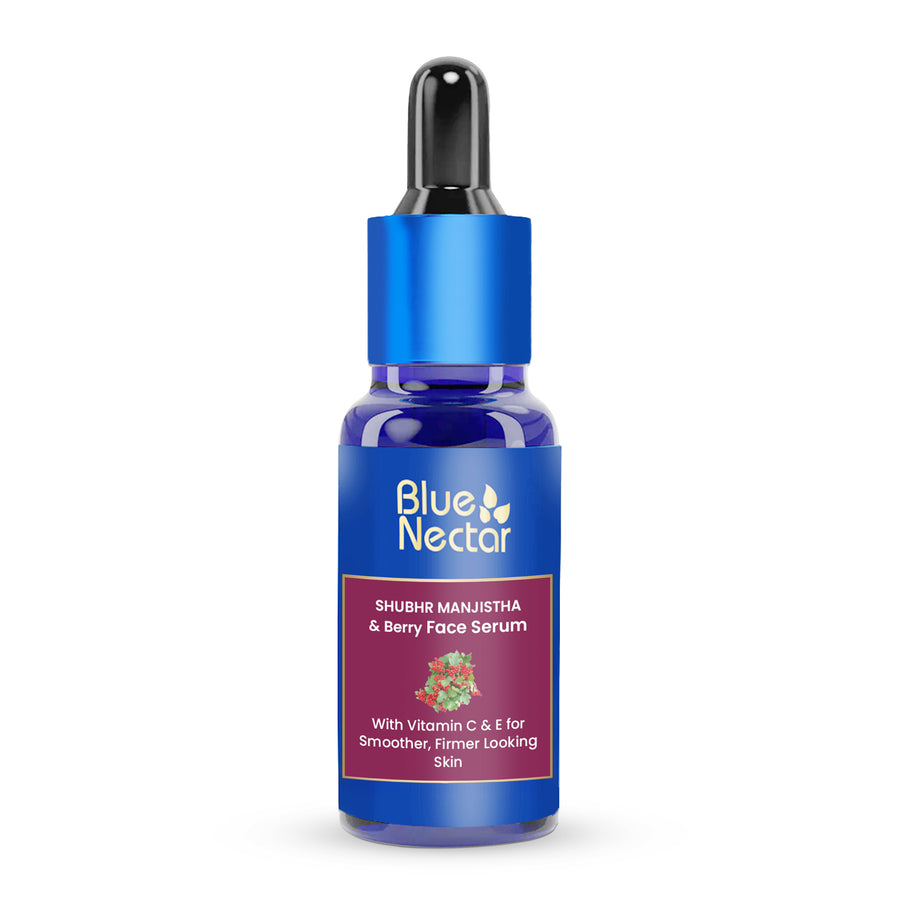
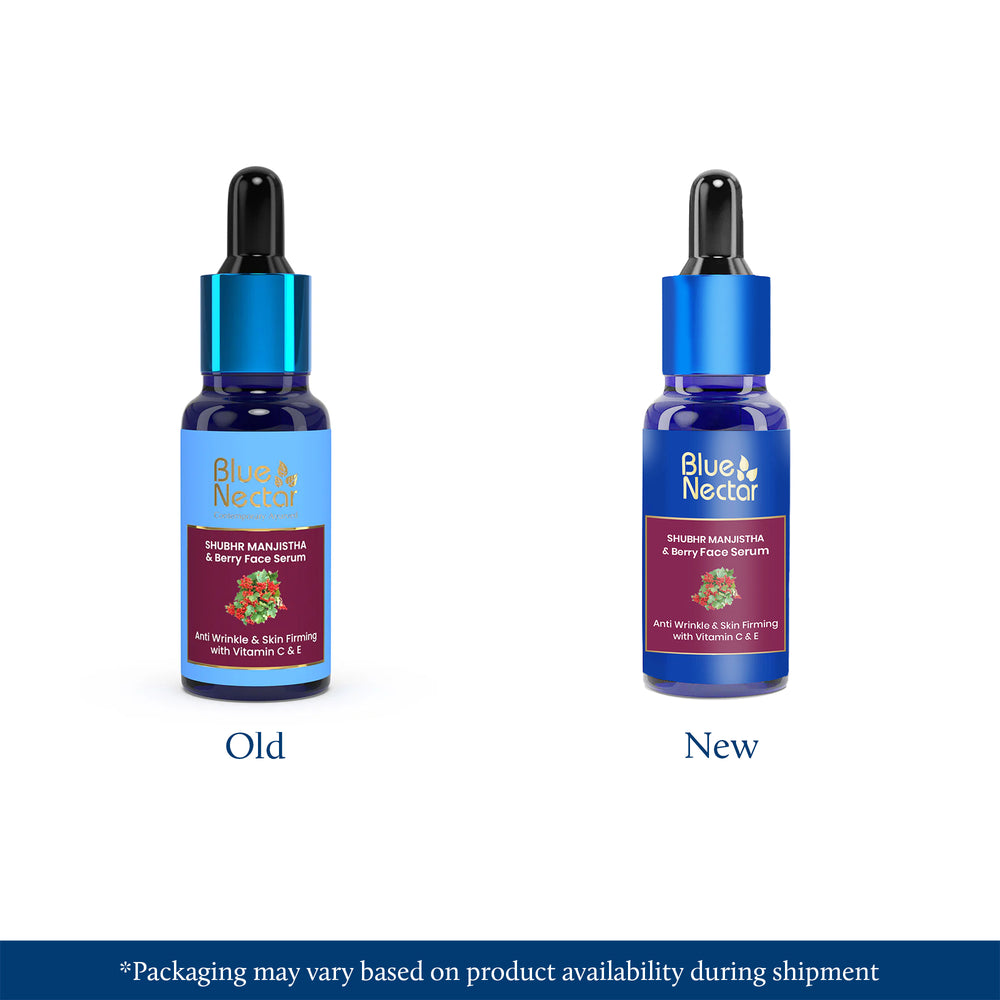



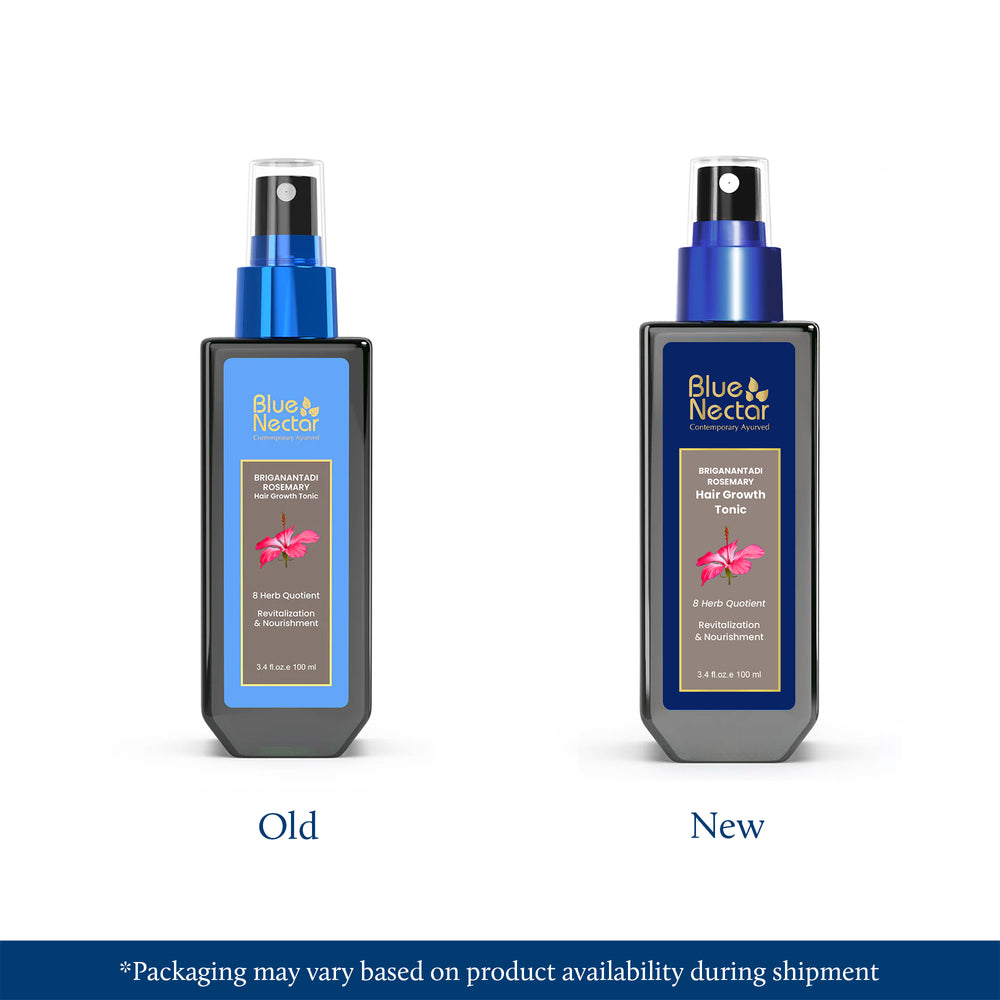
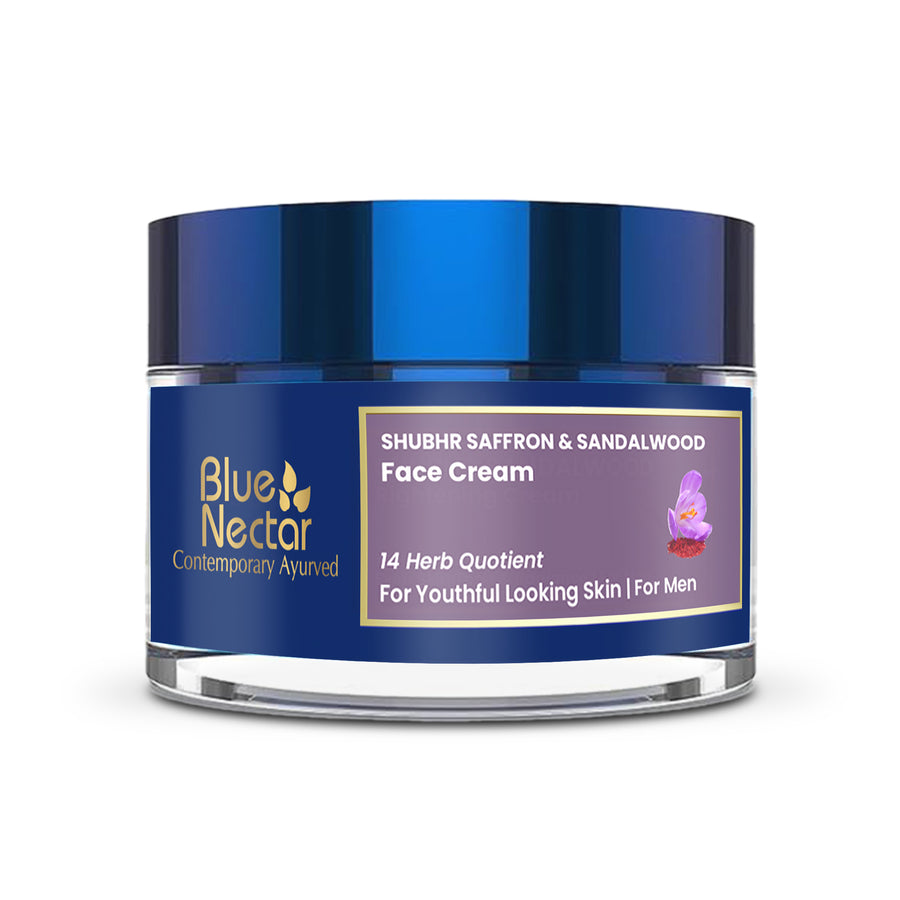
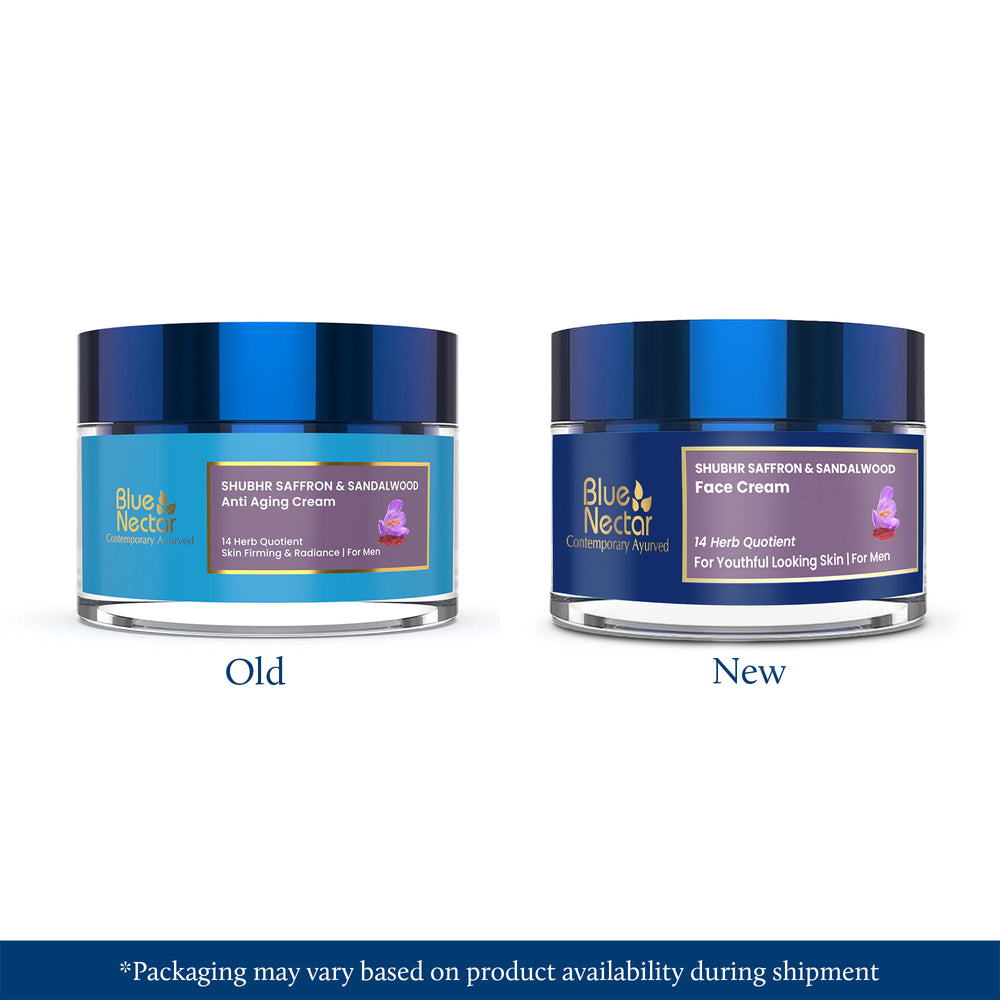
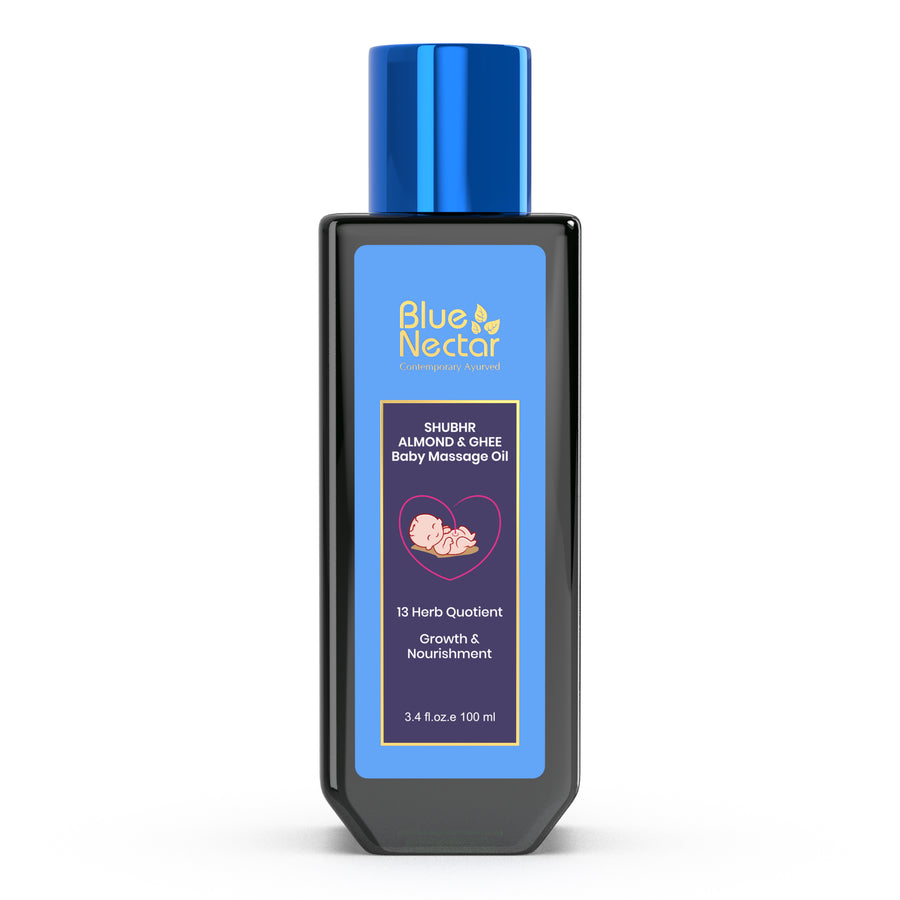



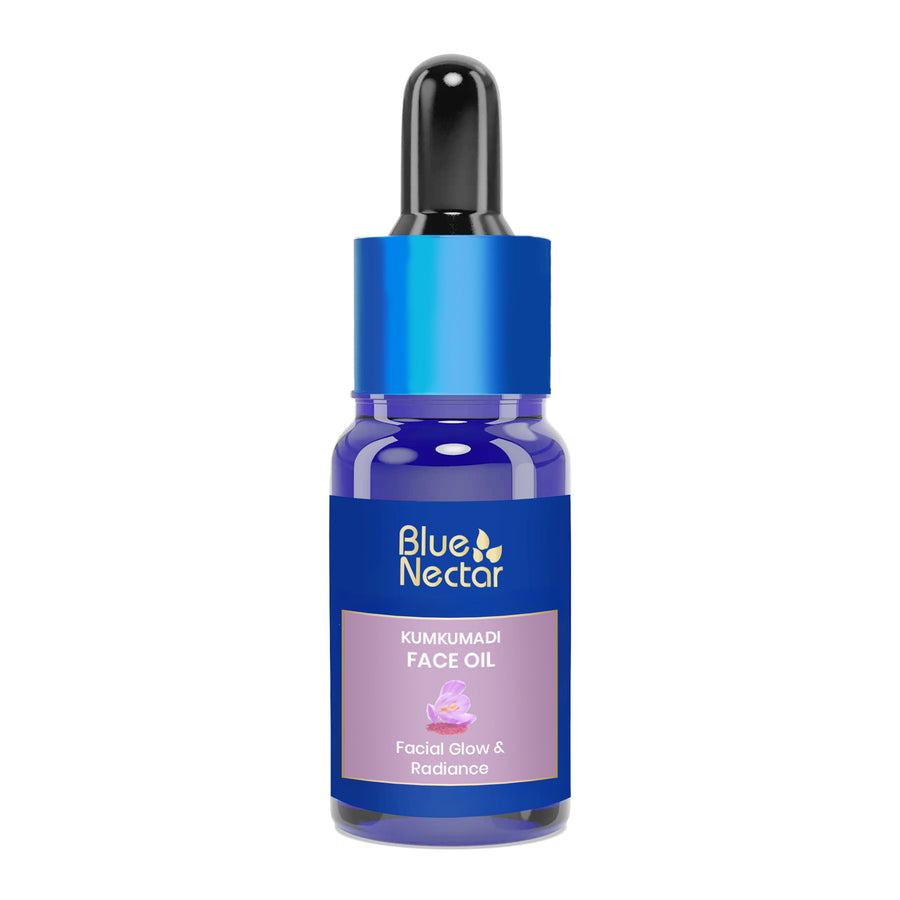
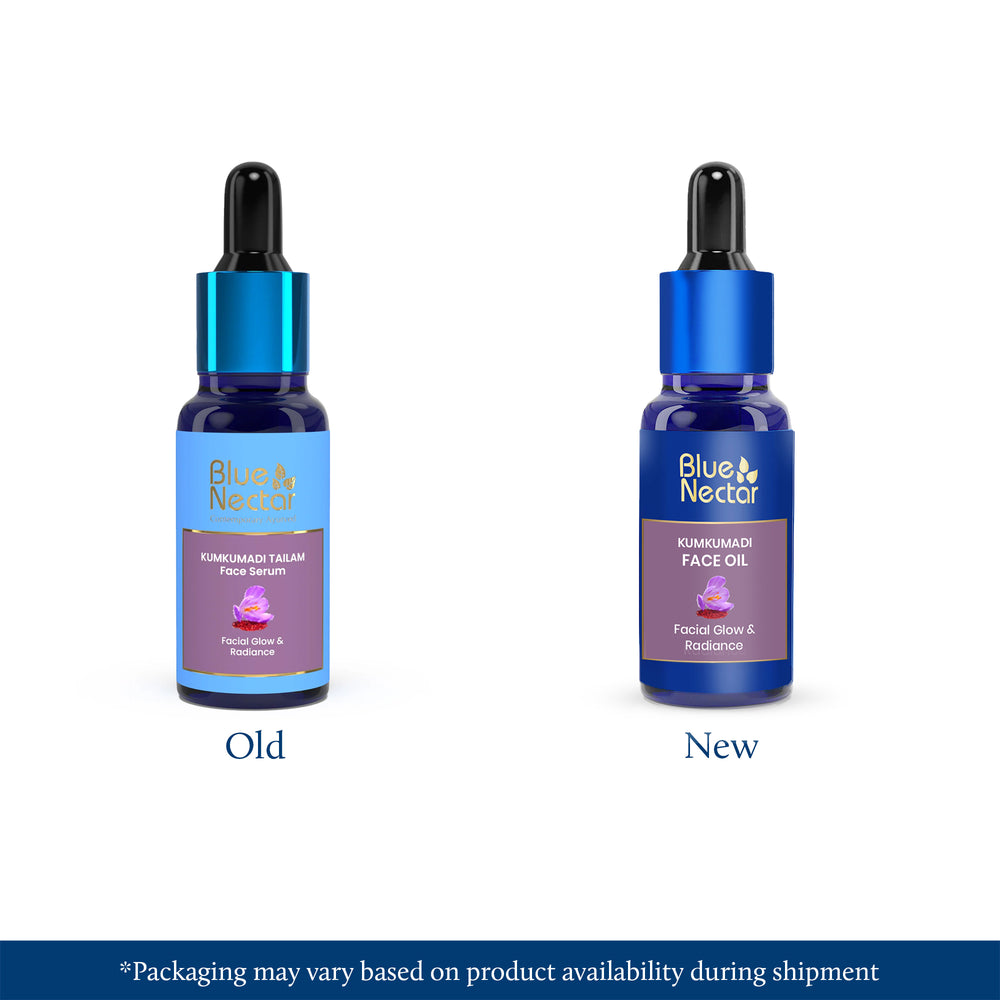


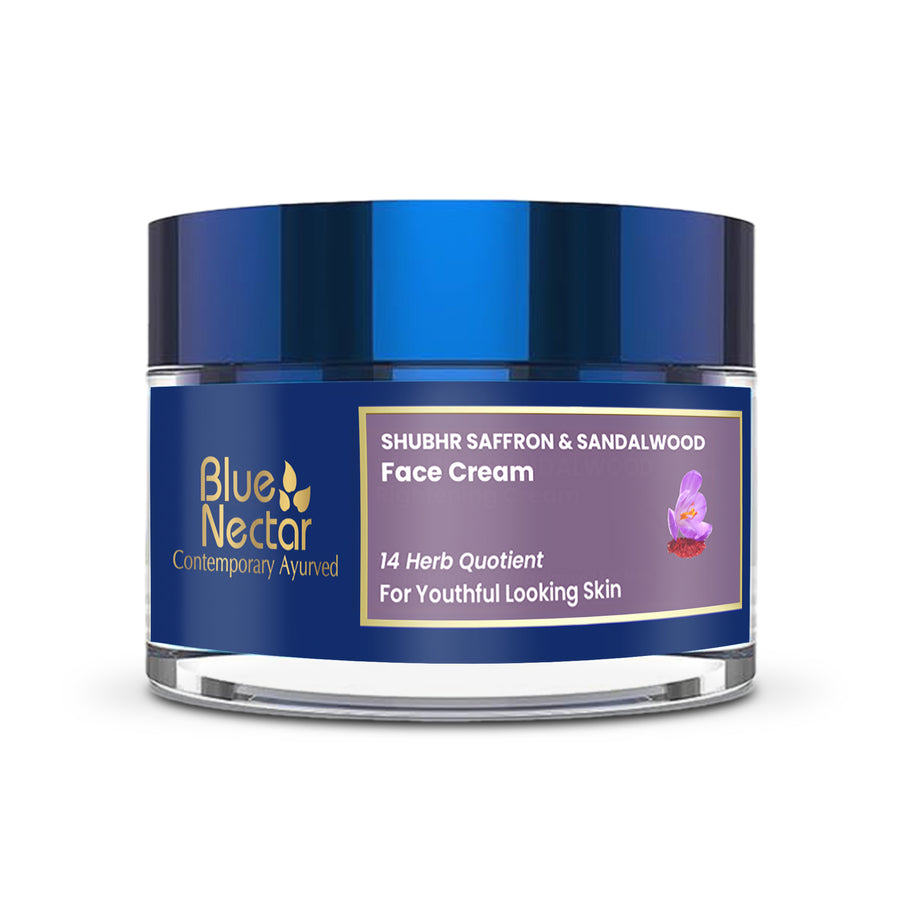
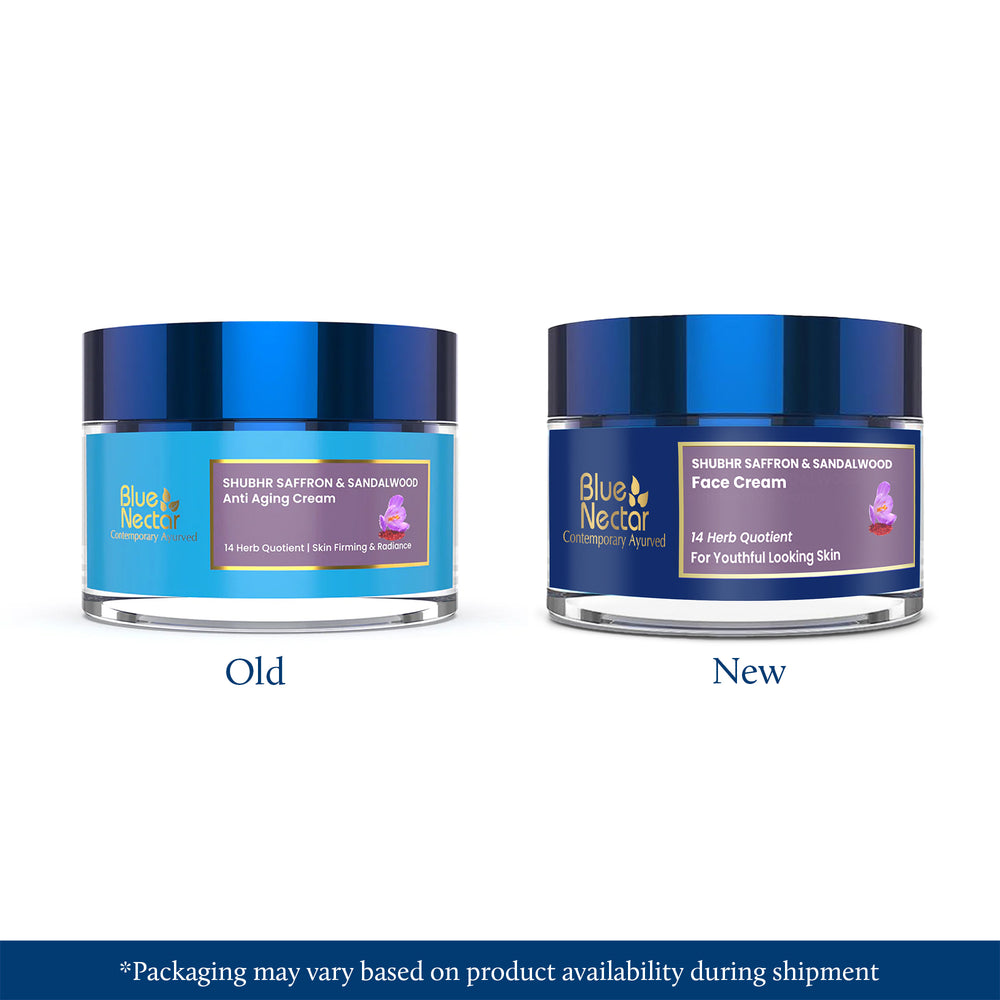
Leave a comment